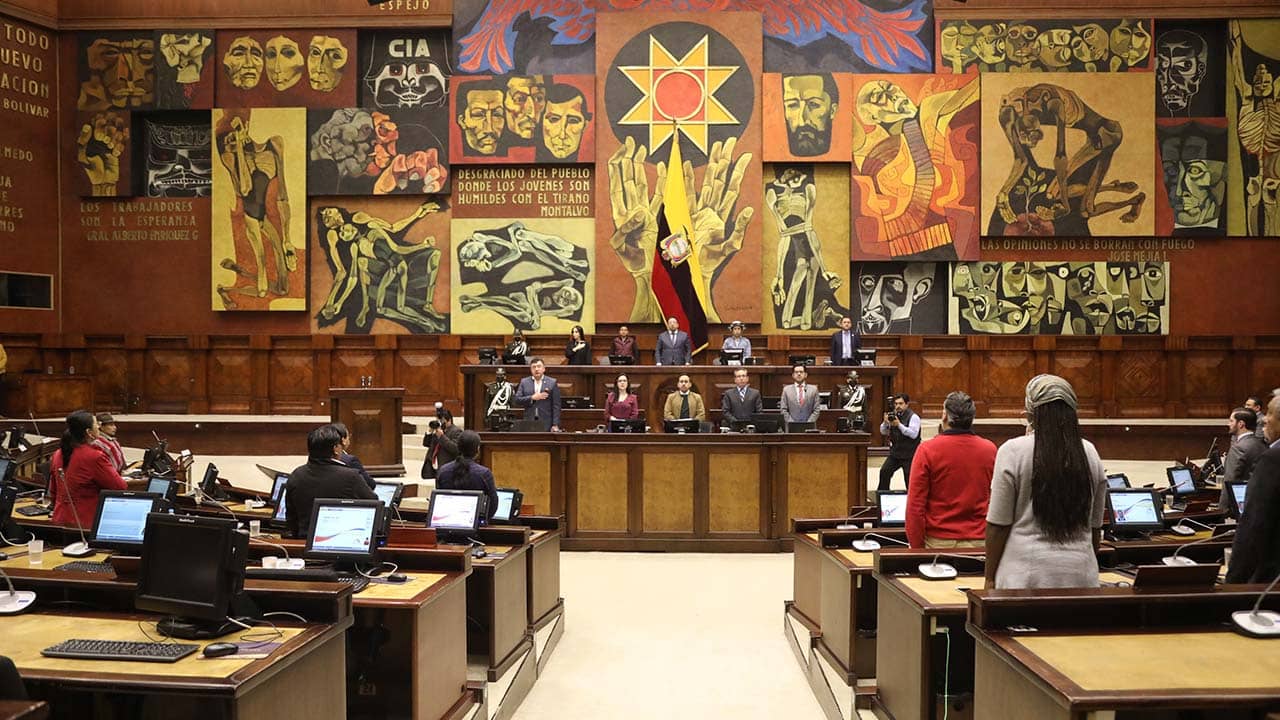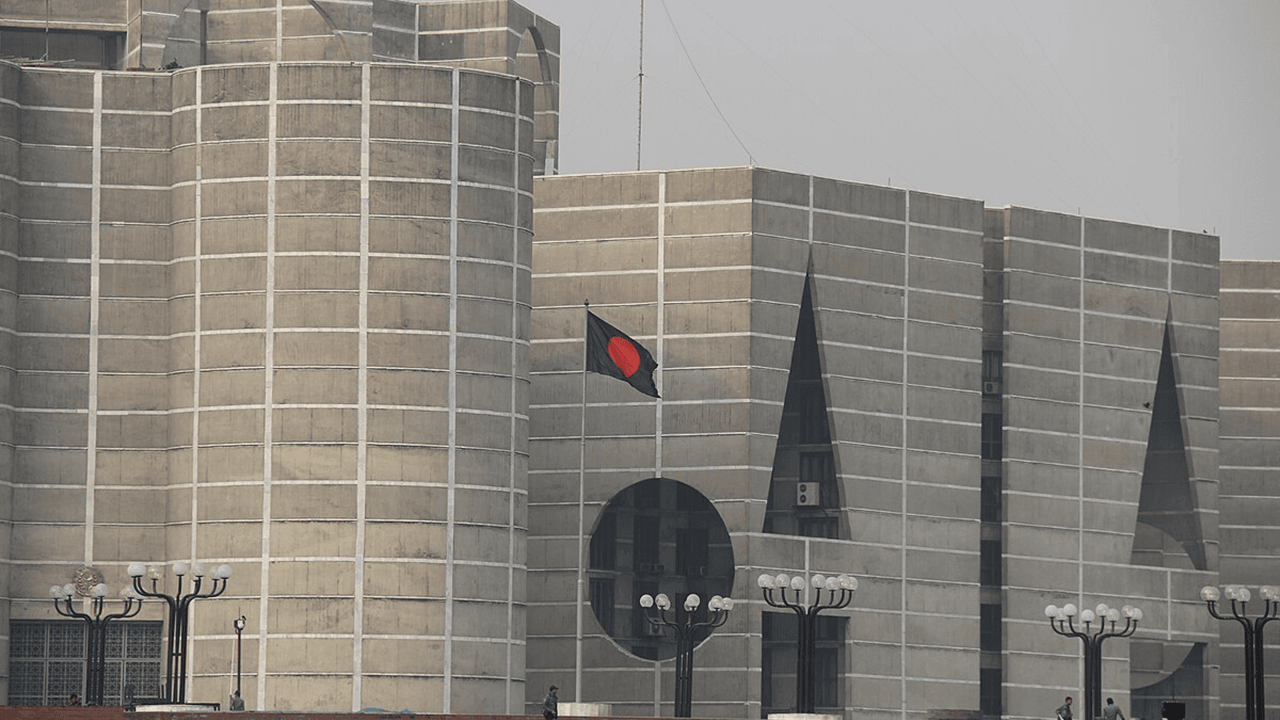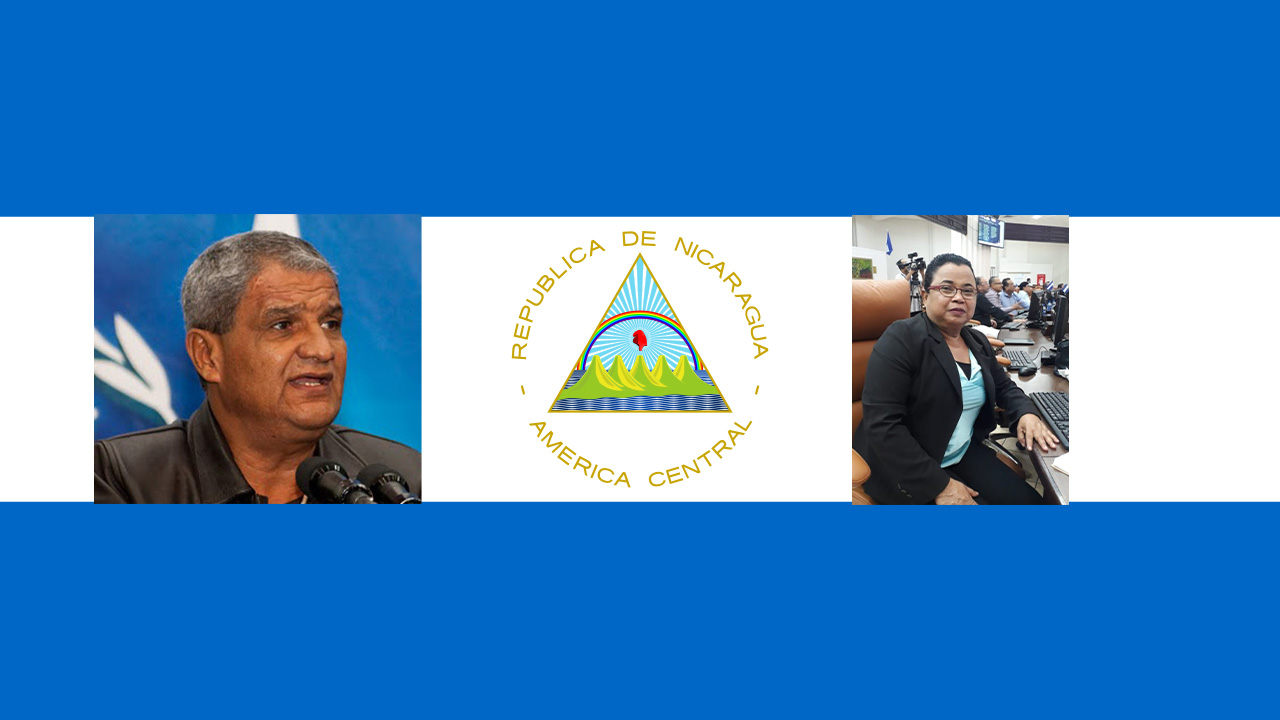
Quito, Ecuador
On May 17, Ecuador’s President Guillermo Lasso issued executive decree 741 (available in Spanish) to dissolve the opposition-led National Assembly invoking the constitutional mechanism called “mutual death” or “cross-death.” This is the first time the provision has been used since former President Rafael Correa introduced the new Constitution in 2008.
Article 148 of the Ecuadorian Constitution grants the President the authority to dissolve the National Assembly to renew the Executive and Legislative powers under three circumstances: (i) when, in his/her opinion, [the Assembly] has taken up duties that do not pertain to it under the Constitution, upon a prior favorable ruling by the Constitutional Court, or (ii) if it repeatedly, without justification, obstructs the implementation of the National Development Plan, or (iii) because of a severe political crisis and domestic unrest.
President Lasso can now govern for up to six months by decree on economic and administrative issues under the oversight of the Constitutional Court. The National Electoral Council (NEC) is required to set a date for presidential and legislative elections within seven days of Lasso’s decision. The NEC has scheduled 20 August 2023 for general elections, and if there were a runoff election, it would take place by mid-October.
The dissolution of the National Assembly came amidst mounting political tensions, a perceived need for government reform, and only one day after the beginning of the impeachment hearing against the President. The President has been marred in corruption scandals leading to an impeachment process in the context of growing socioeconomic discontent illustrated by record-low approval ratings.
The same day President Lasso dissolved the Legislature, opposition members submitted various lawsuits before the Constitutional Court alleging that the move was illegal, as Ecuador is not facing any urgent internal upheaval. However, the Court rejected the cases before it - paving the way for early presidential and legislative elections - and determined that it does not have jurisdiction to “rule on the verification and motivation of the cause of the serious political crisis, and internal upheaval invoked.”
PGA Board Member and President of the National Group in Ecuador, Asambleísta Esther Cuesta Santana, stressed that:
 This is a critical moment for democracy in my country. The National Assembly represents Ecuador’s diversity and the interests of Ecuadorian citizens and addresses their concerns. Dissolving this body in the middle of an impeachment limits the checks and balances process and obstructs political control and government accountability. A diminished role of elected representatives erodes the democratic foundation upon which the country's governance is built. And it sets a dangerous precedent, which weakens the already fragile democracy, the country’s institutions, and the rule of law.
This is a critical moment for democracy in my country. The National Assembly represents Ecuador’s diversity and the interests of Ecuadorian citizens and addresses their concerns. Dissolving this body in the middle of an impeachment limits the checks and balances process and obstructs political control and government accountability. A diminished role of elected representatives erodes the democratic foundation upon which the country's governance is built. And it sets a dangerous precedent, which weakens the already fragile democracy, the country’s institutions, and the rule of law.Hon. Esther Cuesta
(Ecuador)
Several sectors, including President Lasso’s previous electoral partner, the Conservative Social Christian Party (PSC), the now former President of the National Assembly of Ecuador, Mr. Virgilio Saquicela, and the Confederation of Indigenous Nationalities of Ecuador (CONAIE), have all questioned the legitimacy of Lasso’s move, arguing that it is an act to avoid political impeachment and deemed his decision unconstitutional.
PGA stresses that the Assembly's dissolution hinders the country's effective functioning of checks and balances, which is fundamental for democratic practice. A functioning legislature is a counterweight to the executive power, ensuring that decisions are scrutinized, debated, and subject to democratic accountability. By eliminating this vital democratic institution, the government risks concentrating power, potentially undermining the separation of powers and accountability principles. The unchecked concentration of powers threatens civil liberties and human rights. This sets a dangerous precedent, which weakens the legislative institution, rendering it less effective in protecting individual rights and freedoms.




